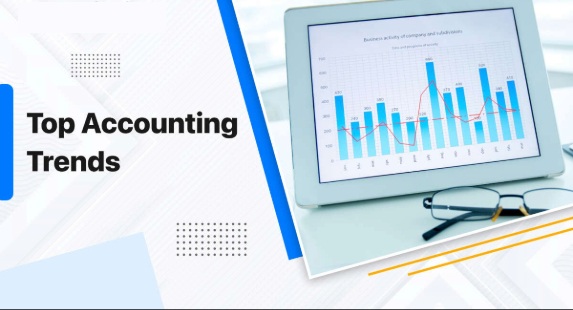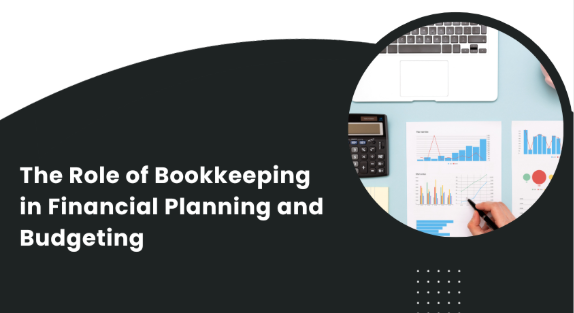Meeting with your accountant more than once a year is vital for running a successful and financially healthy business. Waiting until tax time to check in may cause you to miss important opportunities for planning, growth, or compliance. With 30 June fast approaching, now is the perfect time to schedule a catch-up and have a proactive discussion about your financial position before the new financial year begins on 1 July.
An early meeting gives you the chance to review your current performance, address any outstanding issues, and make strategic decisions that could impact your end-of-year results. It also allows your accountant to help you take advantage of any last-minute tax planning opportunities, ensure your records are in order, and prepare for any compliance obligations.
This pre-EOFY catch-up isn’t just about ticking boxes—it’s a chance to gain valuable insights, ask questions, and set clear goals for the year ahead. You can also discuss budgeting, forecasting, superannuation contributions, deductions, and any changes to tax laws that may affect your business.
To help you prepare, we’ve put together a list of important topics to discuss with your accountant before 30 June. Taking the time now can make a big difference in the year to come.
1. Your tax position for the financial year
By using appropriate estimation methods, your accountant can help you calculate your expected tax payable well before the actual due date. This proactive approach allows you to plan ahead and avoid any last-minute surprises when your tax bill arrives. Rather than scrambling to gather funds at the last moment, you’ll have the time and foresight to manage your finances more effectively and ensure that your cash flow remains stable throughout the year.
In many cases, the tax payment due date might be as late as May in the following financial year. Knowing your estimated liability months in advance gives you a valuable head start. You can allocate funds gradually, adjust your budget accordingly, and avoid the stress that comes with rushed financial decisions.
Early tax estimation is not just about staying compliant—it’s about giving your business breathing room. With a clearer picture of your financial obligations, you can continue to operate smoothly, meet other commitments, and even take advantage of new opportunities without the burden of unexpected tax pressure.
2. Maximising tax deductions
With the end of the financial year approaching, it’s a great time to consult your accountant about strategies to maximise your tax deductions using legitimate and effective methods. Your accountant can guide you on what expenses are deductible and how to time your purchases for the greatest benefit. If your business needs new equipment, tools, or assets for day-to-day operations, now is the moment to plan those investments strategically.
For example, if you’ve been thinking about upgrading your boardroom furniture or tech setup, a quick trip to Officeworks before 30 June might be worthwhile. Or, if your logistics team is stretched thin, purchasing a van to improve delivery efficiency could serve both a practical and financial purpose. The key here is timing—making these purchases before the end of the financial year allows you to claim them as deductions in the current tax year.
These proactive decisions can help reduce your taxable income, improve your cash flow, and keep your operations running smoothly. Your accountant can provide tailored advice based on your business’s unique needs and financial position. So, take this opportunity to evaluate what your business genuinely needs and plan purchases wisely to gain both operational and tax advantages.
Ultimately, working with your accountant on estimated tax planning is a smart move that supports healthier cash flow, reduces risk, and sets your business up for long-term financial success.
3. Compliance matters you may not have thought of
With ATO regulations frequently changing, now is an ideal time to reconnect with your accountant and stay updated on any new rules coming into effect in the upcoming financial year. Understanding these changes early can help you remain compliant, avoid penalties, and make informed business decisions. Your accountant can walk you through recent updates and explain how they apply specifically to your business operations.
The kind of regulatory shift can have a financial impact on your business, particularly if you employ part-time or casual workers. By discussing these changes with your accountant in advance, you can adjust your payroll systems, update your budgeting forecasts, and ensure you’re meeting all obligations smoothly. Staying informed and proactive is key to keeping your business running efficiently and in full compliance with current tax and superannuation laws.
4. Your business trading structure
Many businesses begin as hobbies or small side projects and gradually evolve into full-fledged operations. As your business grows, it’s essential to reassess whether your current trading structure is still the most suitable option—particularly in terms of tax efficiency, liability, and asset protection. What worked in the early days may no longer serve your best interests as the business becomes more complex and profitable.
Now is the perfect time to speak with your accountant about whether a different structure—such as a sole trader, partnership, company, or trust—might be more appropriate for your current needs and future goals. Each structure has its own advantages and implications for tax, legal obligations, and personal liability.
Having this discussion before 30 June gives you the opportunity to plan and implement changes in time for the new financial year. Transitioning to a new trading structure by 1 July offers a clean break and makes record-keeping and compliance simpler moving forward. It can also position your business for better growth, improved tax outcomes, and stronger asset protection.
Don’t leave it too late—a timely conversation with your accountant could result in a more efficient and secure foundation for your business in the year ahead.
5. Apps and tools that can help your business operations
Are you spending too much time on repetitive, time-consuming tasks that are pulling you away from focusing on the core areas of your business? It’s easy to get bogged down in daily admin or manual bookkeeping, especially when you’re trying to do everything yourself. However, these tasks, while necessary, can often be streamlined to save time, reduce errors, and improve your overall efficiency.
This is a great topic to bring up with your accountant. By reviewing your current bookkeeping methods, they can help you identify areas where processes can be automated or simplified. Whether it’s using cloud-based accounting software, integrating tools like receipt scanners, or automating invoicing and payroll, there are many user-friendly options available that work seamlessly with your existing systems.
Implementing the right tools not only saves time but also ensures your records are more accurate and up to date—making it easier to manage cash flow, track performance, and stay compliant with tax obligations. More importantly, by freeing yourself from routine tasks, you can focus on what you do best—growing your business, serving clients, and developing new opportunities.
Efficiency is key, and with the right support, you can turn your bookkeeping into a strength rather than a stressor.
6. Discuss goals for the next 12 months
Are you dreaming of purchasing your ideal home or planning to exit your business within the next few years? Whether it’s securing your dream property or preparing for a smooth exit strategy, it’s essential to communicate these goals with your accountant. By discussing your long-term objectives, your accountant can help create a tailored plan that aligns your personal aspirations with your business’s financial health.
Planning ahead allows you to structure your business operations, finances, and tax strategy in a way that supports your ultimate goals. For example, if you’re planning a business sale, your accountant can help you with the necessary steps to maximise your business’s value, reduce tax liabilities, and ensure a seamless transition. Similarly, if purchasing a home is on your radar, your accountant can assist in making sure your finances are in order, so you can secure the best mortgage terms and make informed decisions.
At Milan Accountants, we believe in building lasting relationships with our clients and meeting more than once a year to review and plan. This approach ensures that we stay on top of any changes and developments in your financial situation and that we’re always working towards your next goal. If you’re looking for an accountant who offers more than just tax returns and truly supports your business journey, give us a call today. Let’s work together to make your dreams a reality.







